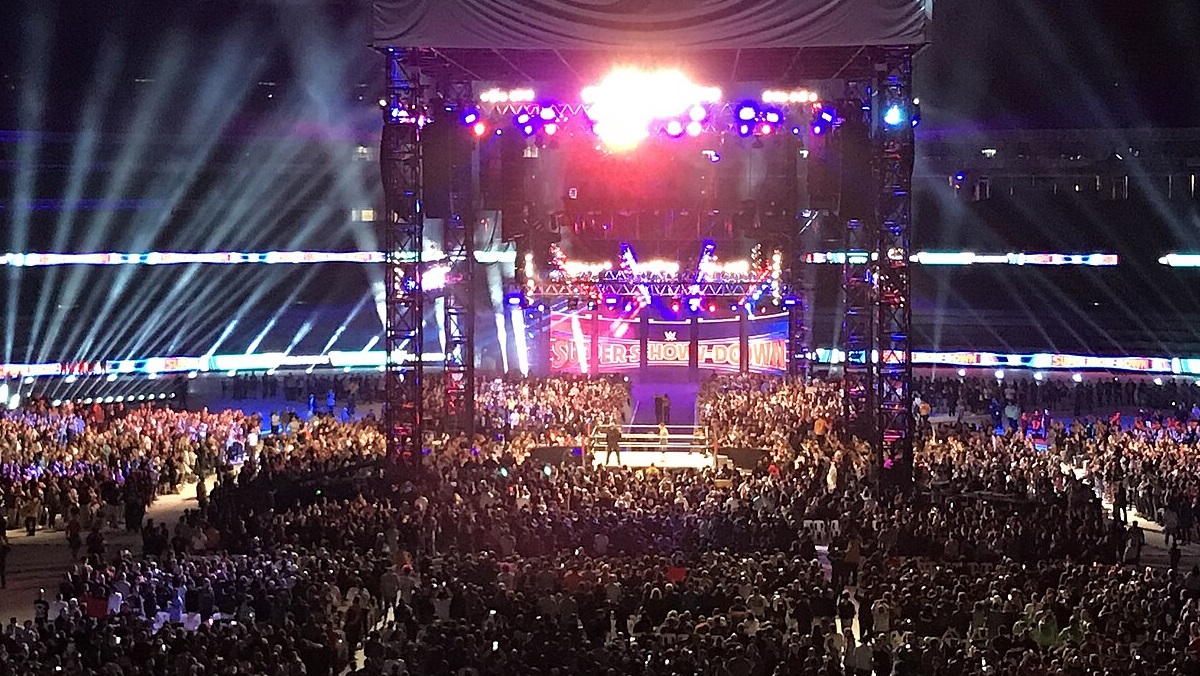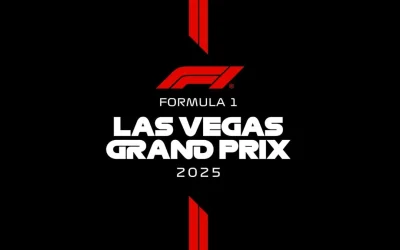At last week’s Goldman Sachs Communacopia & Technology Conference (Sept. 10–11, 2025), TKO COO Mark Shapiro said WWE tickets aren’t yet priced at the levels the company believes are possible, contrasting current aims with Vince McMahon’s past emphasis on keeping prices family-friendly.
“WWE is not where the UFC yet is on ticket yield… Vince McMahon was primarily pricing tickets for families and wasn’t totally focused on maxing the opportunity,” Shapiro said, adding that TKO is “replicating” UFC tactics, including holding back inventory and leveraging On Location packages to boost revenue.
Shapiro’s remarks quickly ricocheted through the wrestling press, with multiple outlets framing them as a signal that affordability isn’t the priority as long as demand remains red-hot.
The pushback hasn’t only come from fans. On his Extreme Life of Matt Hardy podcast, Matt Hardy—currently a TNA World Tag Team Champion—said the TKO era is “much more focused just on maximizing the profit,” contrasting it with McMahon’s “more family-oriented” approach. Hardy warned that if creative momentum dips while prices stay elevated, the model could become “problematic.”
Shapiro’s emphasis on yield management and advance-sale holds mirrors UFC’s long-running strategy of extracting premium value from the best seats while funneling VIP demand to packaged experiences—moves that can raise average ticket revenue but also add to perceptions of scarcity and price inflation for typical families.
Why it matters for ticketing
- Revenue vs. reach: WWE is in a commercial hot streak, but sustained price elevation risks shrinking the family audience that has historically fueled the brand.
- Distribution tactics: “Holding back” and On Location packaging can lift per-cap returns yet intensify consumer frustration when public onsales appear thin or expensive.
- Affordability narrative: The public framing—especially headlines spotlighting “no interest” in affordable pricing—puts pressure on WWE/TKO to justify strategies if sell-through softens.
Shapiro made clear TKO is benchmarking WWE’s ticket economics to UFC, not to a family-access standard. As long as arenas keep selling out, the strategy likely endures; if demand cools, expect louder calls—from fans and industry voices like Hardy—for a recalibration toward affordability.




